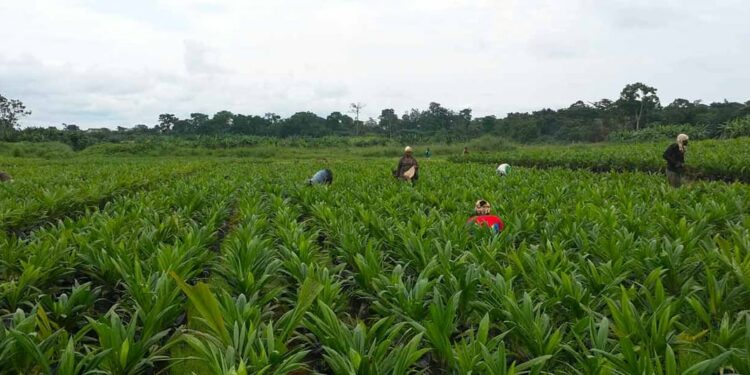Nigeria spends over $4.7 billion annually on food imports, despite possessing vast arable land and a growing youthful population. In response to this challenge, the country has launched one of the continent’s most ambitious agro-industrial transformations — the Special Agro-Industrial Processing Zones (SAPZ) program. With a $538 million investment, the initiative aims to create over 60,000 jobs per state and turn underdeveloped rural areas into thriving economic hubs.
Zimbabwe: Women entrepreneurs turned crisis into opportunity
The groundbreaking ceremony for the first phase took place on April 8 in Kaduna, led by African Development Bank (AfDB) President Dr. Akinwumi Adesina, alongside Nigeria’s Vice President Kashim Shettima and the Governor of Kaduna State, Uba Sani. From there, the activities move to Cross River State, another of the eight territories included in Phase 1 of the program — alongside Kano, Kwara, Imo, Ogun, Oyo, and the Federal Capital Territory.
Launched officially in 2022 with funding from the AfDB, the Islamic Development Bank, the International Fund for Agricultural Development (IFAD), and ARISE Integrated Industrial Platforms, the SAPZ program aims to industrialize Nigeria’s agriculture, significantly reduce post-harvest losses, and strengthen local value chains. “We are shifting from importing food to exporting value,” said Dr. Adesina, who described the program as “a quiet agricultural revolution with loud results.”
View also:
The SAPZs will transform strategic areas into agro-industrial centers, starting with Kaduna — focusing on crops like maize, soybeans, ginger, and tomatoes — and Cross River, which will prioritize cocoa, rice, and cassava. Both states will host Agricultural Transformation Centers and Aggregation Centers strategically located near universities such as Ahmadu Bello and Calabar, integrating research and innovation into the production process.
With 37% of its Nigerian portfolio dedicated to private sector initiatives, the AfDB is reinforcing its commitment to sustainable development. This initiative not only addresses food security challenges but also positions Nigeria as a continental agro-industrial powerhouse — ready to turn its fertile land into prosperity, employment, and food sovereignty.









